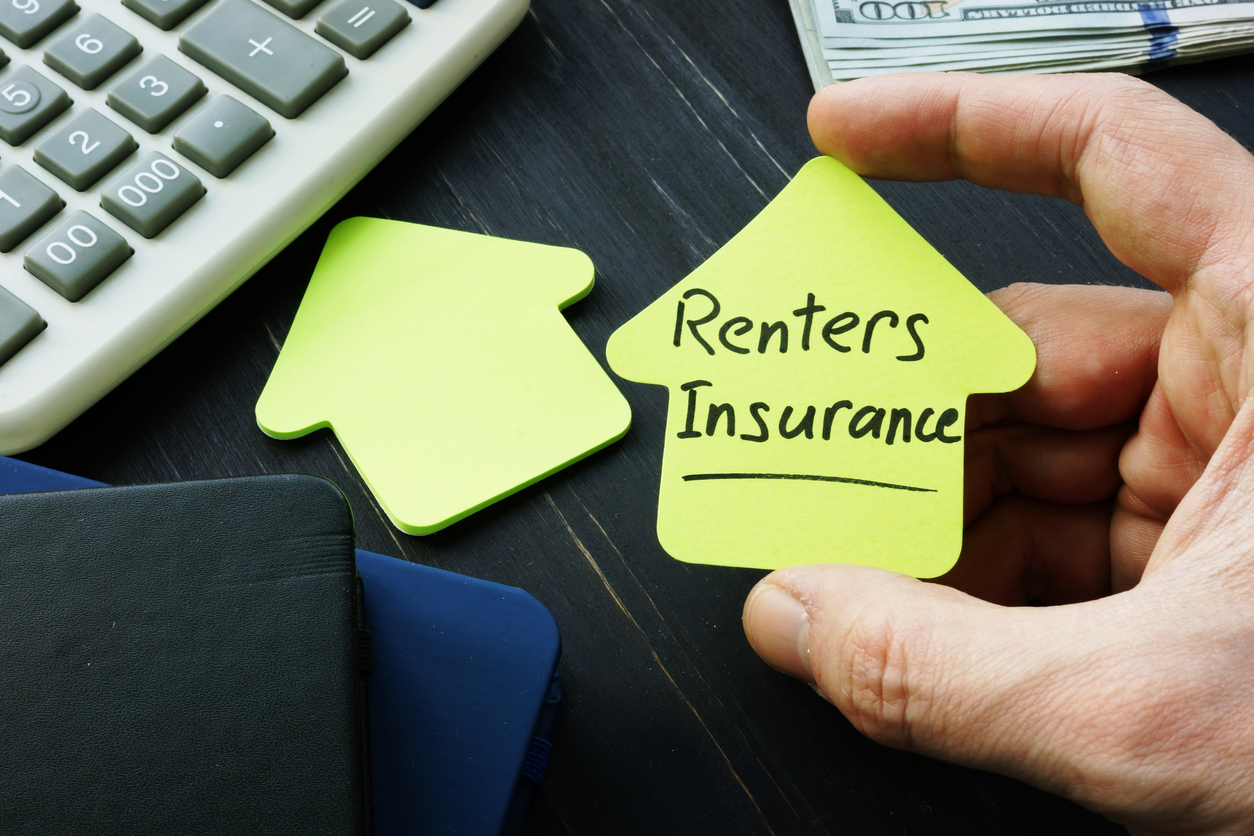Let’s sit down and talk through something that many people don’t always connect: insurance and your financial plan. If you’re building toward a better financial future but don’t have the right coverage in place, you’re leaving yourself wide open. Your financial plan isn’t just about how much you save or invest—it’s also about how well you protect what you’re working for. That’s where insurance steps in.
At Illinois Insurance Center, we’ve helped people across Illinois—whether it’s in Chicago or Joliet—understand why insurance needs to sit right beside your savings account and retirement goals.
What’s the Role of Insurance in Your Financial Plan?
To put it simply, insurance is your financial backup. Life can hit hard, whether that’s a car accident, a house fire, or an unexpected illness. Without coverage, these moments can wreck years of planning in just a few hours.
That’s why building a smart financial plan without insurance is like building a house without a foundation. You might not notice the problem today, but eventually, everything could fall apart.
Let’s break it down:
-
It prevents big financial hits. One storm can take out your home, or one accident could leave you with tens of thousands in medical bills. Insurance turns those huge bills into manageable ones.
-
It gives peace of mind. When you know your family or your business is protected, you can focus on saving, growing, and living.
-
It fills in the gaps. Even the most well-thought-out financial plan can have soft spots—insurance helps cover the “what ifs” you didn’t expect.
That’s why we say—if insurance isn’t part of your financial plan, then your plan isn’t done yet.
What Kinds of Insurance Support a Strong Financial Plan?
You don’t need every type of policy on the market, but you do need the right mix. At Illinois Insurance Center, we help our clients put together coverage that fits their lifestyle, their job, and their financial goals.
Here are the major types that play a key role:
1. Homeowners or Renters Insurance
Your home is one of your biggest assets. Whether you rent or own, you need protection for your living space and your personal belongings. A fire, flood, or theft could set you back tens of thousands—unless you have the right policy in place.
We offer full protection through our homeowners insurance options, covering everything from the structure itself to liability coverage in case someone gets hurt on your property.
2. Auto and Commercial Auto Insurance
Car accidents happen fast—and they’re expensive. Auto insurance is not just required, it’s a smart way to protect your car, yourself, and others on the road.
If you use your vehicle for work, don’t assume your personal policy covers everything. Our commercial auto insurance policies help business owners, delivery drivers, and contractors cover vehicles used for work.
3. Health Insurance
Medical bills are one of the leading causes of debt in America. Having coverage, even a basic plan, can stop a medical emergency from becoming a long-term financial burden.
Whether you’re just getting started or already balancing a chronic condition, health coverage is a non-negotiable part of your financial plan.
4. Life Insurance
If others rely on your income, life insurance is a must. It ensures that your family isn’t left in financial trouble if something happens to you. Our life insurance plans are built to fit every stage of life, whether you’re a new parent or nearing retirement.
5. Business and Contractor Insurance
If you own a business—or even have a side hustle—you need protection from lawsuits, property damage, or loss of income. Personal insurance won’t cut it.
Our business insurance and contractor insurance options help protect your operation, your tools, and your name. One claim could wipe out your earnings if you’re not protected.
Should You Ever Self-Insure?
That’s a good question. As your financial cushion grows, you might feel like you don’t need as much insurance. Maybe you’ve paid off your home or saved enough to buy another car if yours got totaled. This is sometimes called self-insuring.
That’s not always a bad move—but only when the risk is low, and you’ve got the money saved to cover the full loss. Here’s when it might make sense:
-
If your car isn’t worth much anymore, and you can afford to replace it without a loan.
-
If you’ve got a large emergency fund and no dependents, you might lower some life insurance coverage.
Still, we don’t recommend dropping coverage for major things—your health, your home, your business, or your family’s future. The risk is too big. One bad event could erase years of savings.
What Happens if You Skip Insurance in Your Financial Plan?
We’ve seen it more times than we can count: someone thinks they’ll never need it—until they do.
Without insurance in your financial plan, you might:
-
Lose your savings overnight. A house fire or lawsuit can drain your bank account.
-
Delay retirement. Medical bills or loss of income could force you to work longer.
-
Leave your family vulnerable. Without life insurance, they could be left with unpaid debts and no way to keep up.
The purpose of a financial plan is to make life more stable and more secure. Leaving out insurance does the opposite.
Where We Help: Local Protection That Fits
At Illinois Insurance Center, we’re not a national brand that treats everyone the same. We live and work right here in Illinois, helping families and businesses in your neighborhood get coverage that actually makes sense.
Whether you’re shopping for insurance in Aurora, IL, insurance in Naperville, IL, or insurance in Chicago, IL, we’ve got agents who know the local risks and help build the right protection.
Need help further out? We also proudly serve Joliet and Rockford, with the same commitment to honest, reliable service.
FAQ: Financial Plan and Insurance
1. Do I need insurance if I already have a strong savings account?
Yes. Insurance helps you avoid dipping into savings for large losses, keeping your future goals on track.
2. Can insurance help me retire earlier?
Absolutely. With the right coverage, you avoid surprise expenses that could delay retirement.
3. What’s more important—life insurance or health insurance?
Both play key roles. Health coverage protects your income now, while life insurance protects your family later.
4. Should I drop full coverage on my car if it’s old?
That depends on your financial cushion. If you can replace it without a loan, it might make sense.
5. What happens if I don’t have business insurance?
One lawsuit, accident, or loss can shut your business down or lead to huge personal expenses.
6. How does insurance affect my credit or loans?
Having insurance can improve loan approval odds, especially for homes and businesses.
7. What kind of insurance do renters need?
Renters should get coverage for personal items and liability, in case someone gets hurt in the unit.
8. Should I review my insurance every year?
Yes. Life changes fast. A yearly review keeps your coverage up to date with your needs.
9. How do I know if I’m underinsured?
Talk to us. We’ll look at your financial plan and risks to see where you might need more protection.
10. Can Illinois Insurance Center help me bundle coverage?
Yes—we can often bundle auto, home, and life to save you money and make it easier to manage.
Final Thoughts: Don’t Let Gaps in Coverage Derail Your Plans
Here’s the bottom line—insurance isn’t just a safety net. It’s an active part of your financial plan. You work hard to build a future. Let us help you protect it.
At Illinois Insurance Center, we don’t just sell policies—we help real people like you build stronger, safer financial plans every day. Whether it’s your first time buying coverage or you’re just ready for something better, we’re here to guide you.
Give us a call at (708) 524-4900 or contact us online to schedule a one-on-one conversation. Let’s make sure insurance is working for your future—not against it.
See Also:
- Vital Information for an Accurate Landscaping Business Insurance Quote
- Protect What Matters: Understanding Renters Insurance with Illinois Insurance Center
- Types of Insurance Contractors Should Get
- Frequently Asked Questions About Landscaping Insurance
- 8 Types of Small Business Insurance Every Owner Should Know





